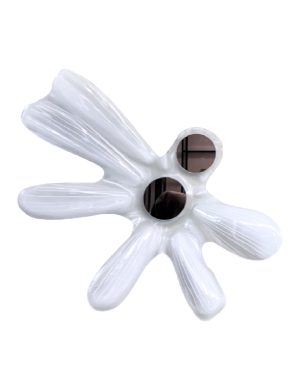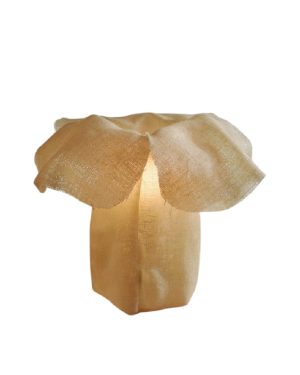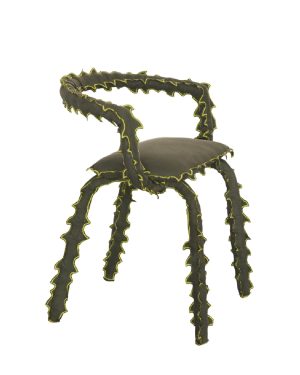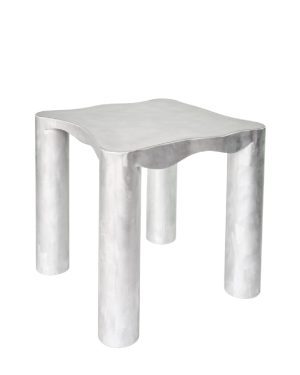Portuguese design reflects a fascinating combination of cultural heritage, craftsmanship, and modern innovation. It embraces both tradition and contemporary elements, creating unique and expressive works that reflect Portugal's vibrant history and creative spirit.
- Cultural Fusion: Combining influences from various historical periods and artistic movements.
- Innovative Craftsmanship: Utilizing traditional techniques with a modern twist to create distinctive pieces.
- Contemporary Expression: Emphasizing originality and creativity in design, pushing the boundaries of Portuguese artistic tradition.
Contemporary Portuguese Designers
Portugal is home to designers who have made significant contributions to the global design scene by blending tradition with modern innovation.
- DOVAIN Studio: Crafts lighting, furniture, and objects using the finest materials and techniques, blending history, art, and modernity to create refined and sustainable interior spaces.
- Project 213A: Combines modern and unique furniture with a commitment to sustainability, using responsible manufacturing in Portuguese factories and workshops.
- Studio Gameiro: Transforms challenges into unique projects, blending technical expertise with whimsical design in award-winning bespoke furniture and spaces.
Commonly Used Materials in Portuguese Design
The choice of materials in Portuguese design reflects the country's diverse environment and rich traditions.
- Cork: Used extensively in furniture and accessories for its sustainability and natural appeal.
- Azulejos (Ceramic Tiles): Celebrated in interior design and art for their cultural significance and aesthetic beauty.
- Linen: Often used in textiles and fashion, valued for its quality and versatility.
Defining Characteristics of Portuguese Design
Portuguese design is known for its artistic innovation, cultural resonance, and expressive creativity.
- Artistic Innovation: Embracing new ideas and techniques to create unique and impactful designs.
- Cultural Resonance: Drawing inspiration from Portuguese heritage and artistic traditions.
- Expressive Creativity: Prioritizing personal expression and artistic freedom in the design process.
Influences on Portuguese Design
The evolution of Portuguese design is influenced by its rich cultural heritage, diverse landscape, and the resilience of its people.
- Cultural Heritage: Drawing inspiration from Portugal's multicultural history and artistic traditions.
- Natural Landscape: Reflecting the beauty and diversity of Portugal's environment in design elements.
- Resilience and Adaptability: Demonstrating a strong ability to innovate and adapt in response to changing circumstances.











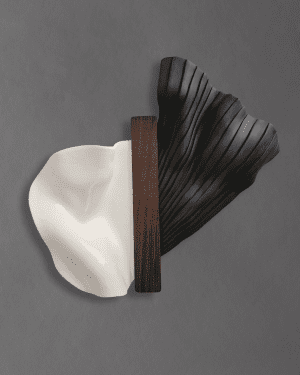



 In stock
In stock












 In stock
In stock








 In stock
In stock


 In stock
In stock
 In stock
In stock